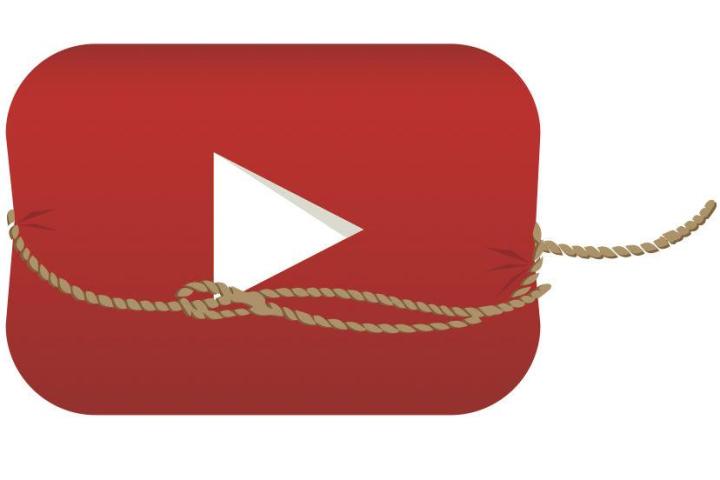
As agencies have cracked down on users, and new streaming services have presented themselves, illegal downloading has taken a hit. Popular outlets like Limewire and MegaUpload cease to exist, and in their place clients like Spotify and Rdio have staked claim.
Despite the ethical questions about artist rights and compensation that continue to be asked, at least for the moment, streaming seems to be the best compromise; the middle ground between users shelling out for expensive albums when they only want four tracks, and artists and labels being ripped off by illegal downloading.
But there exists one last method to acquire music without pay: MP3 ripping, which lives in a legal gray area, where technically it’s legal – although the powers that be are desperately trying to change that.
For those not in the know, MP3 ripping is where a service takes the audio from a streaming client and packages it into an MP3 file that you can then download and do with as you please. The most popular source for these is YouTube, and many converters exist. It’s as simple as grabbing the URL of a video that contains a song you want, putting the URL into the converters designated port, and hitting “convert video.” Then you’ll receive a download link, and voila – that song, or whatever else, is yours.

One of the most popular ripping sites is YouTube-MP3, which Google has threatened for over a year now in an attempt to shutter the service. According to TorrentFreak, YouTube-MP3 lost a battle with Google because it turns out the site wasn’t only ripping and repackaging tracks, it was also archiving MP3s and storing them on its servers for future downloads.
This meant that if a user came to YouTube-MP3 and entered a URL that someone previously had, then instead of re-ripping the song, it could just go to its servers and give the user a copy of the MP3 that was already stored there. Which … is essentially a lot like illegally downloading music. Not good for YouTube-MP3, not good for users who aren’t aware they’re putting themselves in legal risk for using a service.
YouTube-MP3 has received a cease and desist order, but will remain online – its storage policy, however, will be axed.
Google will continue to fight these sites, and it’s not the only platform that’s concerned: There are also a host of Spotify rippers out there. A Chrome extension version that could pull in and convert tracks from the increasingly popular service was up and running for a while, but it’s since been removed. Being able to offer a middle ground for artists and users (depending on your opinion, of course) and drive down illegal downloading is the bread and butter of streaming services; driving rippers out of business is in their best interests, despite the fact that they’re technically legal.
In a strange, related turn, while Google is holding YouTube-MP3 accountable for violating its policies, the Web giant is also relaxing YouTube’s terms and conditions. YouTube now has a feature where mobile users can download video content and watch it offline later. This will roll out soon, though some content distributors that have YouTube channels aren’t thrilled with the decision, and can opt out if the policy doesn’t suit their needs.
